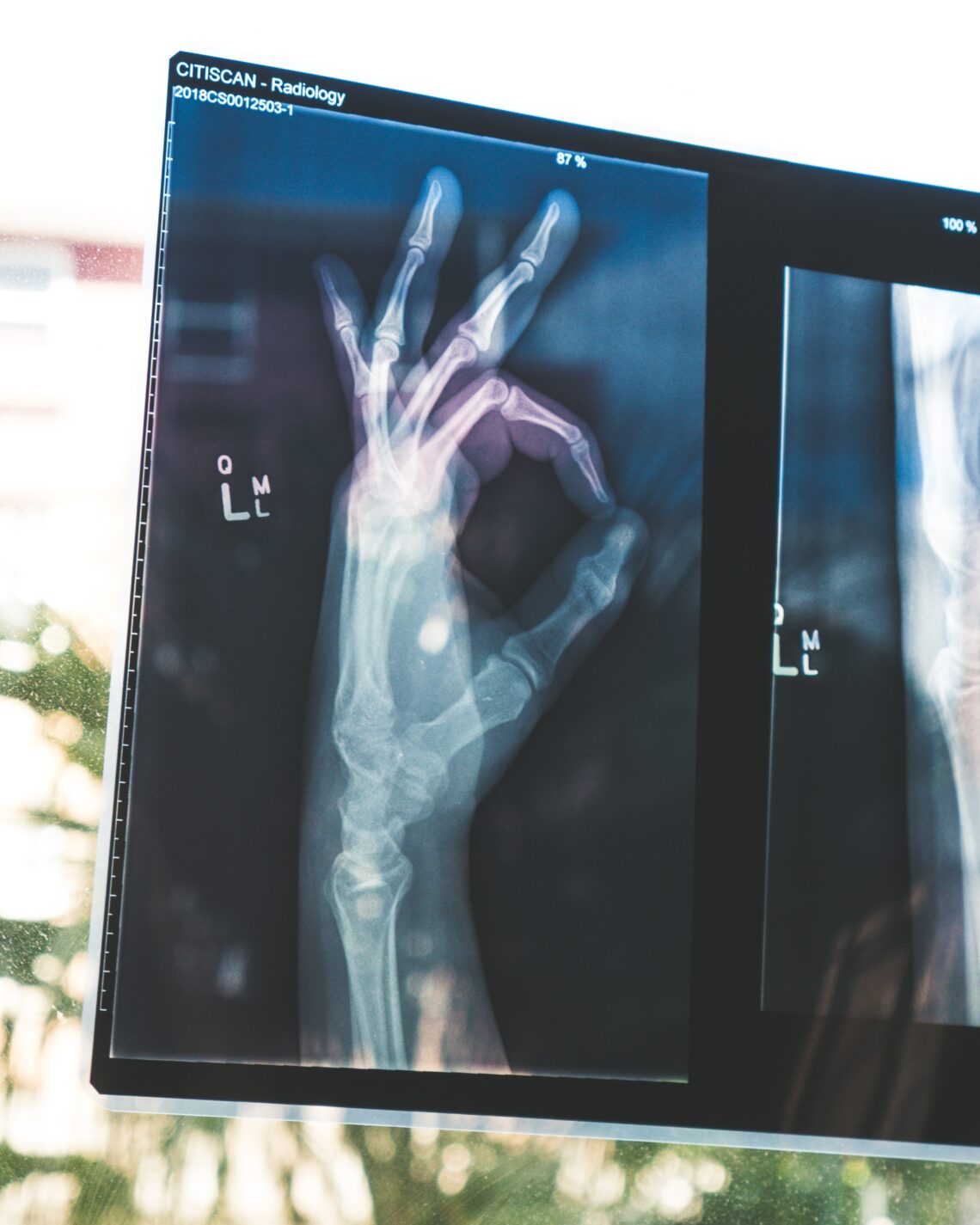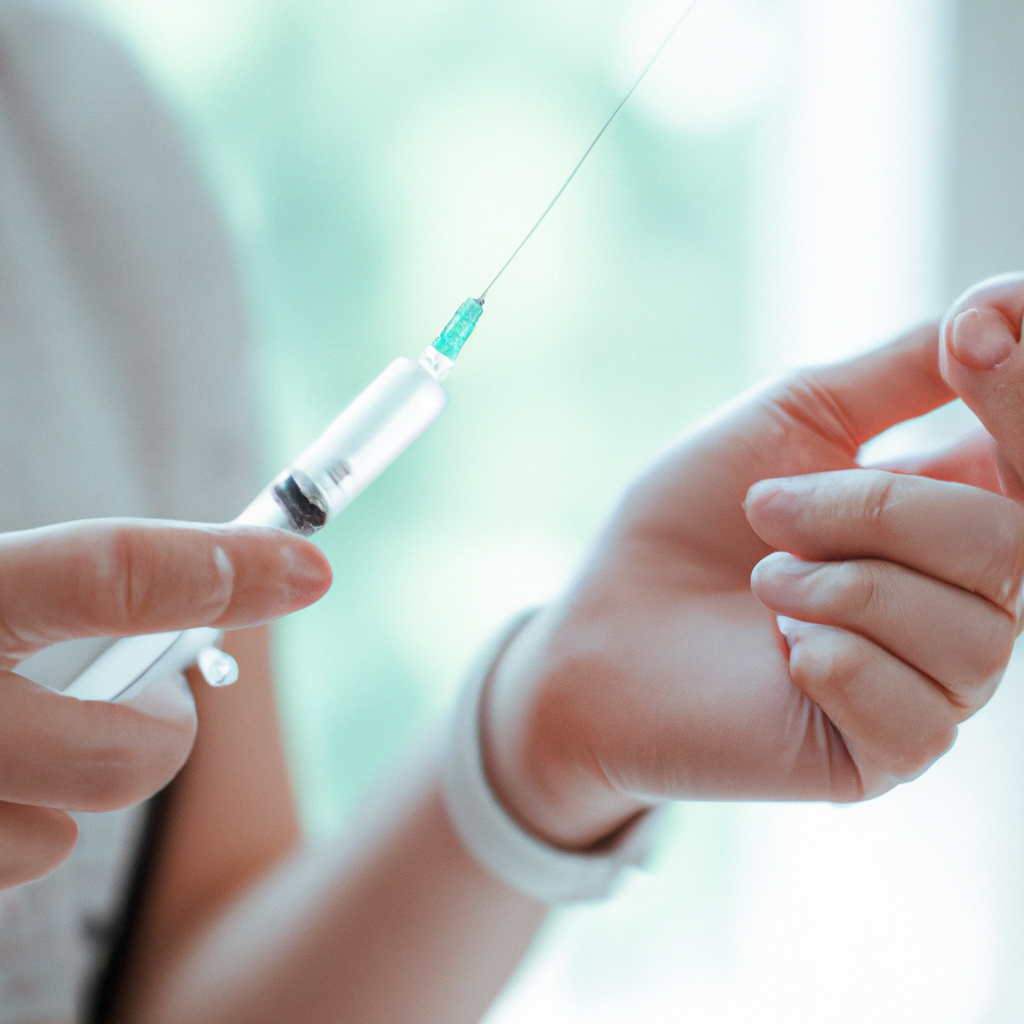
What Vaccinations Or Health Precautions Should I Take Before Traveling Abroad?
Planning a trip abroad is exciting, but it’s important to prioritize your health and safety while traveling. Before embarking on your adventure, it’s essential to consider what vaccinations or health precautions you should take. Whether you’re exploring exotic destinations or visiting popular tourist spots, being proactive about your health can make all the difference in ensuring a smooth and enjoyable journey. In this article, we will guide you through the essential vaccinations and health precautions you should consider before traveling abroad, helping you prioritize your well-being while creating lasting memories.
Choosing a Destination
Before embarking on your international trip, one of the first things you need to do is choose a destination. With so many incredible places to visit around the world, it can be quite overwhelming. However, by considering your interests, budget, and travel goals, you can narrow down your options and make an informed decision.
Researching Your Destination
Once you’ve identified potential destinations, it’s essential to conduct thorough research about each place. Look into factors such as the climate, local customs and etiquette, tourist attractions, and the overall safety of the area. It’s also crucial to familiarize yourself with any visa requirements and travel advisories issued by your government for the country you plan to visit. By obtaining a comprehensive understanding of your destination, you can make the most of your trip while staying safe and respecting local customs and laws.
Understanding the Health Risks
Another crucial aspect of researching your destination is understanding the health risks associated with traveling there. Different countries have varying health risks, including diseases that may not be prevalent in your home country. It’s vital to educate yourself on potential health hazards and take necessary precautions to ensure your well-being during your trip. Consulting a healthcare professional specializing in travel medicine can provide you with the appropriate guidance and vaccinations.
Consulting a Healthcare Professional
Before embarking on your journey abroad, it’s crucial to consult a healthcare professional who specializes in travel medicine. These professionals have extensive knowledge of health risks associated with different destinations and can provide you with personalized advice to protect your health during your trip.
Finding a Travel Medicine Clinic
To find a travel medicine clinic near you, you can start by checking with your primary care physician or local hospitals. Additionally, websites such as the International Society of Travel Medicine (ISTM) and the Centers for Disease Control and Prevention (CDC) provide directories of reputable travel clinics. Ensure that the clinic you choose has healthcare professionals experienced in travel medicine and can provide the necessary vaccinations and health advice.
Scheduling an Appointment
Once you’ve identified a suitable travel medicine clinic, it’s time to schedule an appointment. Ideally, you should book your appointment well in advance of your departure date to allow adequate time for vaccinations to take effect. During your appointment, be prepared to discuss your travel itinerary, any pre-existing medical conditions, and previous vaccination history. This information will help the healthcare professional develop a personalized health plan for your trip.
Routine Vaccinations
Ensuring your routine vaccinations are up to date is an essential step to protect your health, regardless of your travel destination. Routine vaccinations are those that are typically recommended for all individuals based on their age, such as measles, mumps, rubella (MMR), tetanus, and influenza.
Ensuring Up-to-Date Routine Vaccinations
Before traveling abroad, it’s important to review your vaccination history and ensure that you are up to date with routine vaccinations. If you’re unsure about your vaccination status, consult your healthcare provider, who can review your medical records and administer any necessary vaccines. By ensuring you are current on routine vaccinations, you not only protect yourself but also help prevent the spread of contagious diseases.
Recommended Vaccinations
In addition to routine vaccinations, certain vaccinations are recommended specifically for travelers visiting certain countries or regions. These vaccinations are crucial for protecting against diseases that may be prevalent in your destination.
Reviewing Country-Specific Recommendations
Each country has specific recommendations for vaccinations based on prevalent diseases in the region. Websites such as the CDC and the World Health Organization (WHO) provide comprehensive information regarding the recommended vaccinations for different countries. Before your trip, make sure to review the country-specific recommendations for your destination and discuss them with your healthcare professional.
Vaccinations for All Travelers
Some vaccines are recommended for all travelers, regardless of their destination. These include vaccines for diseases like hepatitis A and B, typhoid, and meningitis. These diseases can be contracted through contaminated food and water, which are common risks when traveling abroad. It’s vital to discuss these vaccines with your healthcare professional to determine which ones are necessary based on your travel plans and current health status.
Additional Vaccinations
In addition to routine and recommended vaccinations, there may be additional vaccines that are specific to your circumstances as a traveler. These vaccines are designed to protect against diseases and health risks that are more common in certain travel situations or for individuals with specific health conditions.
Traveler-Specific Vaccinations
Depending on the nature of your travel, some vaccinations may be recommended or required. For example, if you plan to engage in outdoor activities, such as camping or hiking, you may need a vaccine for diseases transmitted through insect bites, such as Japanese encephalitis or tick-borne encephalitis. Similarly, if you are visiting areas with a high risk of rabies, your healthcare professional may recommend the rabies vaccine.
Vaccinations for High-Risk Travelers
Certain individuals may have specific health conditions or factors that put them at a higher risk when traveling. For example, pregnant women, young children, older adults, and individuals with chronic illnesses may require additional vaccines or precautions. It’s crucial to discuss your specific circumstances with your healthcare professional to determine if any additional vaccinations are advisable for you.
Malaria and Other Mosquito-Borne Diseases
Mosquito-borne diseases, such as malaria, dengue fever, and Zika virus, pose significant health risks to travelers visiting certain destinations. It’s essential to understand the risks associated with these diseases and take proactive measures to protect yourself.
Understanding Malaria Risk
Malaria is a potentially life-threatening disease transmitted through mosquito bites. It is prevalent in many tropical and subtropical regions of the world. By studying the malaria risk in your chosen destination, you can take appropriate precautions to minimize exposure and reduce the chance of contracting the disease.
Taking Antimalarial Medications
For travelers visiting malaria-endemic areas, antimalarial medications are often recommended as a preventive measure. Consult your healthcare professional to determine the most suitable antimalarial medication for you, based on factors such as your destination, duration of stay, and medical history. It’s important to note that antimalarial medications are not 100% effective, so additional measures such as insect repellents, mosquito nets, and protective clothing should also be employed to reduce the risk of mosquito bites.
Traveler’s Diarrhea
Traveler’s diarrhea is a common health issue faced by many travelers, particularly when visiting countries with different hygiene standards and food preparation practices. While it is a usually self-limiting condition, it can be quite uncomfortable and can disrupt your travel plans. Taking preventive measures and knowing how to manage it can help you enjoy your trip to the fullest.
Preventing and Treating Traveler’s Diarrhea
To prevent traveler’s diarrhea, it’s crucial to exercise caution when consuming food and water abroad. Avoid street food, raw or undercooked foods, and tap water. Stick to bottled water or boiled water, and make sure that your food is cooked thoroughly and served hot. It may also be helpful to take probiotics and carry over-the-counter medications to manage symptoms if diarrhea does occur. Additionally, washing your hands frequently with soap and water or using hand sanitizers can significantly reduce the risk of contracting traveler’s diarrhea.
Altitude Sickness
If you are planning a trip to high-altitude destinations, such as the Himalayas or the Andes, it’s essential to be aware of altitude sickness. Altitude sickness can range from mild symptoms like headaches and nausea to severe and life-threatening conditions. Understanding how to recognize and manage altitude sickness can greatly enhance your travel experience.
Recognizing Altitude Sickness
Altitude sickness occurs when you ascend to high altitudes too quickly, not allowing your body enough time to adjust to the lower oxygen levels. Common symptoms include headaches, dizziness, nausea, fatigue, and shortness of breath. If you experience any of these symptoms, especially if they worsen over time, it’s important to seek medical attention immediately.
Managing Altitude Sickness
To prevent altitude sickness, it’s vital to acclimatize gradually by spending a few days at intermediate altitudes before reaching higher elevations. Stay well-hydrated, avoid alcohol and strenuous activities, and eat light, easily digestible meals. In severe cases, it may be necessary to descend to lower altitudes or seek medical treatment. If you have any pre-existing medical conditions, such as heart or lung problems, consult your healthcare professional before traveling to high-altitude destinations.

Personal Safety Precautions
Protecting your personal safety is crucial while traveling abroad. This includes taking precautions against insect bites and practicing food and water hygiene to avoid illnesses caused by unsafe consumption.
Protecting Against Insect Bites
Insect bites can not only be irritating but can also transmit diseases such as dengue fever, Zika virus, or malaria. To protect yourself, wear long-sleeved clothing, use insect repellents containing DEET, and sleep under mosquito nets if necessary. It’s also advisable to avoid outdoor activities during peak mosquito activity times, such as dawn and dusk. Taking these precautions can significantly reduce the risk of insect-borne illnesses.
Avoiding Unsafe Food and Water
To avoid food and waterborne diseases, it’s important to practice food and water hygiene while traveling. Only consume food from reputable establishments and ensure that it is cooked thoroughly and served hot. Avoid raw or undercooked foods, street food, and tap water. Instead, drink bottled water or boil water before consumption. Additionally, washing your hands frequently with soap and water or using hand sanitizers can further minimize the risk of contracting illnesses from contaminated surfaces.
Travel Insurance
Considering travel insurance is a wise decision as it provides financial protection against unexpected events during your trip. While it may not directly impact your health, having travel insurance can offer peace of mind and assist you financially in case of emergencies.
Considering Travel Insurance
Before traveling abroad, it’s essential to carefully consider whether travel insurance is necessary for you. While it may be an additional cost, it can provide coverage for medical expenses, trip cancellations, lost or stolen belongings, and emergency medical evacuation. Review the terms and coverage options offered by different travel insurance providers to find the policy that suits your needs and ensures a worry-free journey.
Understanding Coverage Options
When exploring travel insurance options, be sure to review the coverage provided for medical emergencies and evacuation. It’s crucial to understand any exclusions, limitations, and claim procedures to make an informed decision. Consider factors such as your destination, activities planned, and the duration of your trip to determine the coverage level that is appropriate for you.
By carefully considering the information provided in this article and consulting a healthcare professional, you can take proactive measures to protect your health and ensure a safe and enjoyable trip abroad. Remember, thorough preparation and awareness of your destination’s health risks are key to a successful and worry-free travel experience.








